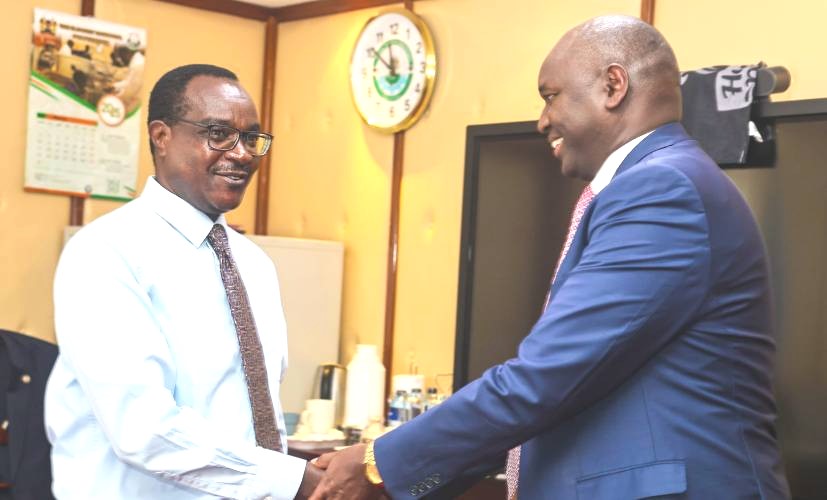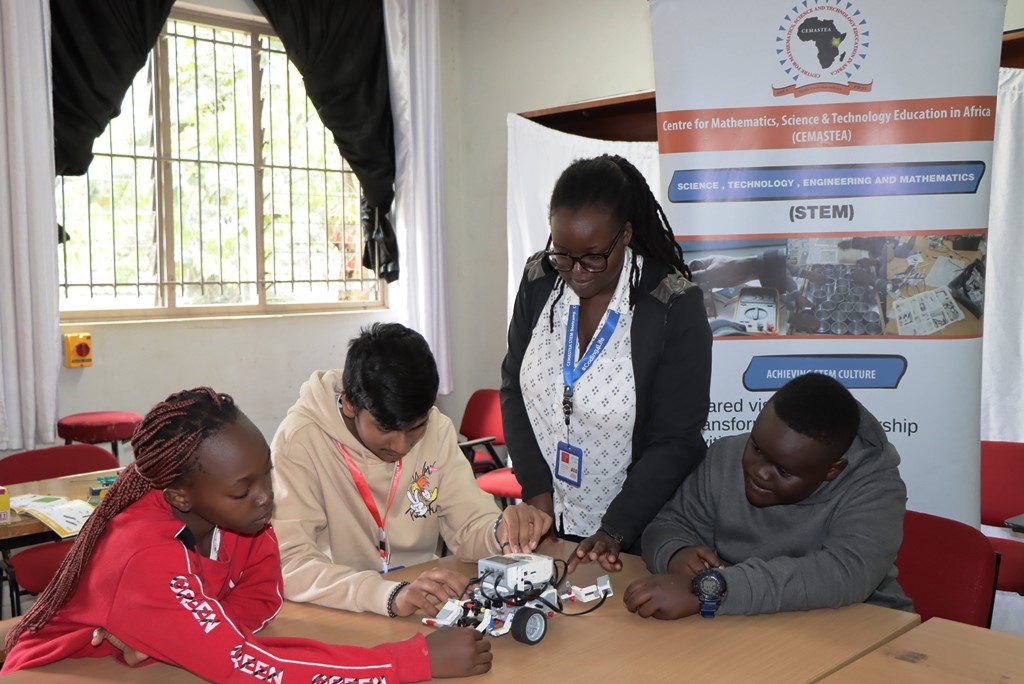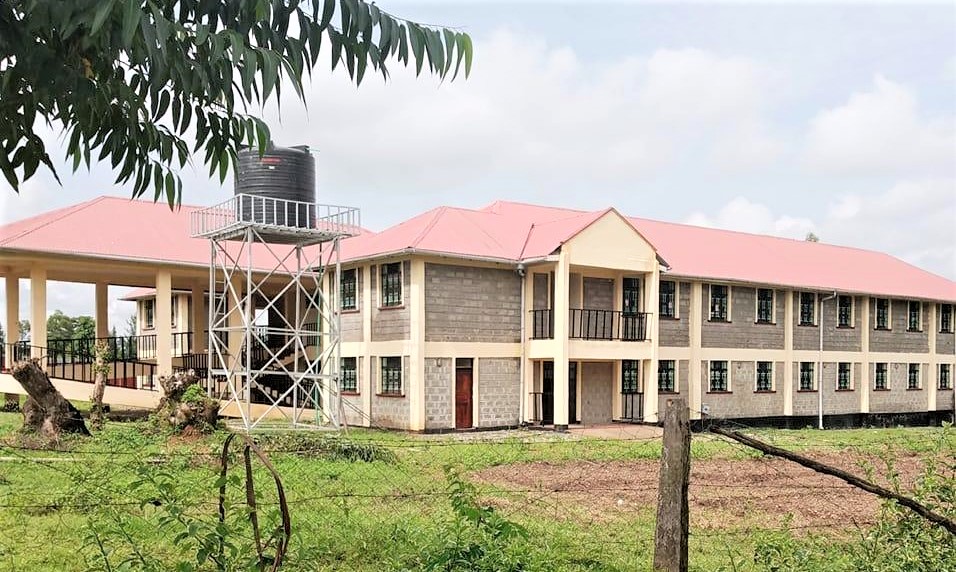The Ministry of Education has disbursed Free Day Junior School Education (FDJSE) funds for the second term of 2025, with each learner receiving Ksh 2,318.79 and every public Junior School allocated a basic institutional grant of Ksh 84,205.29.
The release, communicated through a circular dated May 28, 2025, was signed by the Principal Secretary for Basic Education, Ambassador Prof. Julius K. Bitok. The disbursement is based on data captured from the National Education Management Information System (NEMIS) as of April 24, 2025.
“The government is committed to ensuring that no learner is left behind. This funding reaffirms our dedication to free and quality education for all children in junior schools,” said Prof. Bitok.
According to the breakdown, the funds cover key areas such as personal emoluments, co-curricular activities, teaching materials, internet connectivity, assessment, and laboratory equipment. Specifically, Ksh 1,532.90 per learner is directed towards operational costs. At the same time, Ksh 785.89 is allocated for tuition-related expenses, including CBE practicals and stationery. A further Ksh 440.16 will be allocated for textbooks and Ksh 30 for capacity building, which will be centrally procured.
Schools are required to acknowledge receipt of the funds within two weeks by issuing receipts to the Ministry, recording learner details, and uploading the information onto NEMIS. Failure to do so will result in suspension from the FDJSE programme. It may lead to the recovery of misallocated funds.
READ ALSO:
President Ruto orders relocation of Kenya Prisons to pave way for expansion of Tom Mboya Varsity
“We urge school heads to adhere to the outlined vote heads and financial regulations strictly. Misuse of public funds will not be tolerated,” the PS warned.
Prof. Bitok reminded schools that no fees or levies should be charged and that the lunch programme is not permitted under the current capitation policy. Schools have also been barred from engaging in financial contracts such as hire purchase or loans without express permission from the Cabinet Secretary.
To reinforce transparency, schools are instructed to operate two distinct bank accounts—one for tuition and another for operations—with separate cashbooks and public displays of all capitation received.
“We expect maximum prudence in the use of these funds. Junior Secondary is still taking shape, and accountability will help build trust among parents and stakeholders,” added the PS.
All County Directors of Education have been directed to circulate the contents of the circular to every public Junior School within their jurisdiction.
By Joseph Mambili
You can also follow our social media pages on Twitter: Education News KE and Facebook: Education News Newspaper for timely updates.
>>> Click here to stay up-to-date with trending regional stories
>>> Click here to read more informed opinions on the country’s education landscape






